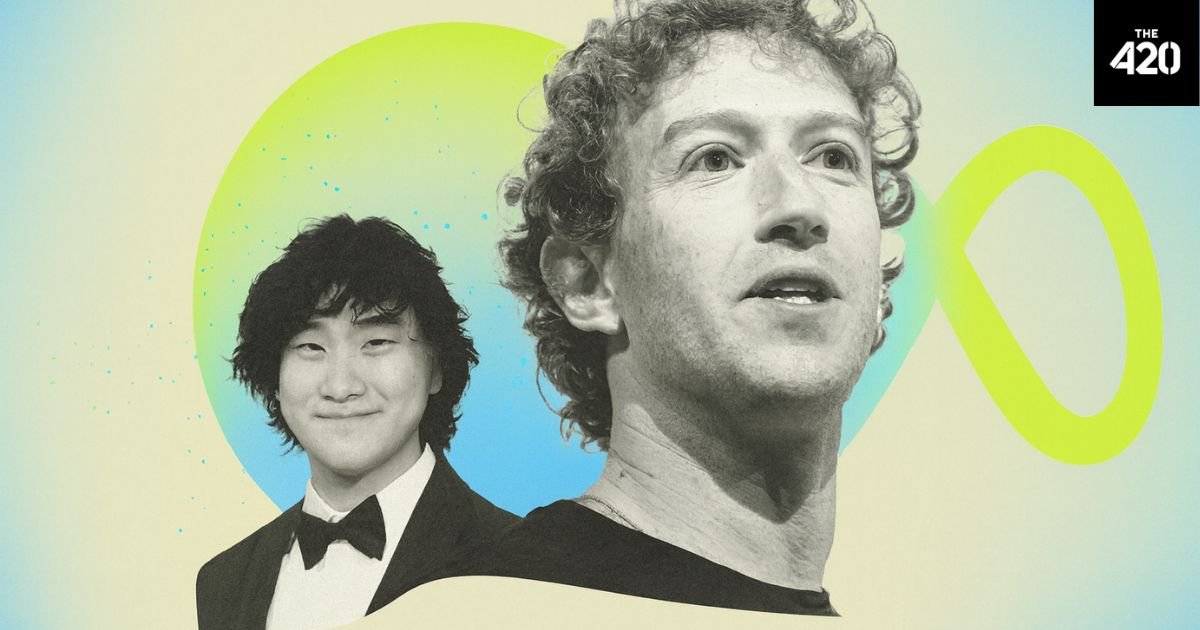At just 28, Alexandr Wang is reshaping the future of artificial intelligence at Meta. With a lean, high-density AI lab and a vision of “superintelligence,” he is urging the next generation to abandon traditional pursuits in favor of “vibe coding” a new paradigm where intuition and natural language replace syntax.
Building the World’s Smallest, Densest AI Lab
Four years after becoming the world’s youngest self-made billionaire at 24, Alexandr Wang now leads one of Silicon Valley’s most ambitious AI efforts. At Meta, within 60 days, he built a 100-person lab he describes as “smaller and more talent dense than any of the other labs.”
Unlike rivals with sprawling research divisions, Wang believes Meta’s advantage lies in its ability to concentrate talent and resources. He emphasizes three pillars: research to build AI models, product distribution across Meta’s billions of users, and infrastructure supported by “literally the largest data centers in the world.”
FutureCrime Summit 2026: Registrations to Open Soon for India’s Biggest Cybercrime Conference
Wang openly calls Meta’s ultimate goal “superintelligence” and points to new hardware, such as smart glasses, as the natural delivery mechanism for AI woven directly into human cognition. “It will literally feel like cognitive enhancement,” he told an audience recently.
A Generational Mandate: Why Kids Should Code with AI
Perhaps most striking is Wang’s message to Gen Alpha: abandon gaming, sports, or traditional hobbies, and start coding with AI.
“If you are like 13 years old, you should spend all of your time vibe coding,” Wang said in a recent interview. His reasoning is blunt—most of today’s code will be obsolete in five years, replaced by AI-generated programming.
For Wang, the advantage lies not in mastering syntax but in experimenting with AI tools. “Teenagers have time and freedom adults don’t. If you just spend 10,000 hours playing with these tools, you’ll have a huge advantage in the future economy.”
He likens this moment to the dawn of the PC era, when Bill Gates and Mark Zuckerberg gained an “immense advantage” simply by tinkering with early computers. “That moment is happening right now,” he said.
Why Vibe Coding Matters
The term “vibe coding” has quickly caught fire in Silicon Valley. It refers to writing software using natural language prompts rather than complex programming syntax. Users describe intent, and AI produces functional code in minutes.
The shift is already visible in boardrooms. Klarna’s CEO has boasted about testing product ideas in 20 minutes instead of weeks, while Google CEO Sundar Pichai revealed that AI already generates more than 30 percent of Google’s codebase—a milestone he called the biggest leap in software creation in 25 years.
For Wang, this is more than a productivity hack. It’s a cultural shift. “The role of an engineer is just very different now than it was before,” he said. The future, he argues, belongs to those who start early, experiment deeply, and push AI tools beyond their limits.



